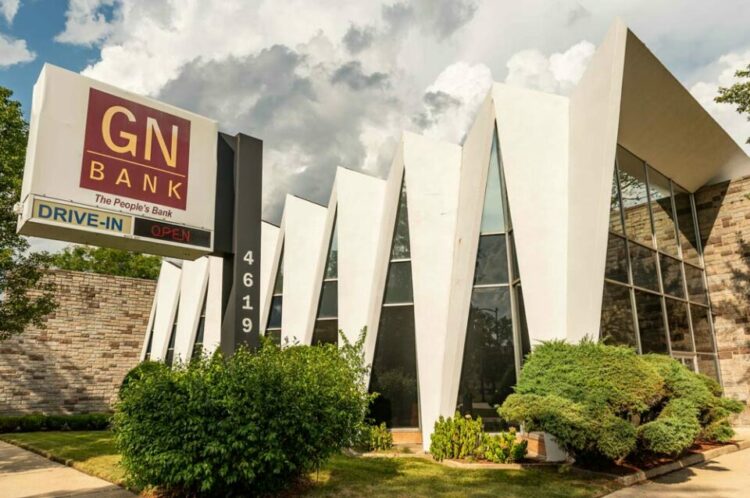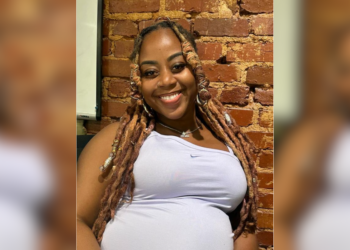Directors at GN Bank in Chicago admitted defeat this year, returning millions in government deposits. State and local agencies had deposited millions of dollars in 2017 in an attempt to infuse life into the failing bank. Then-named Illinois Service Federal Savings and Loan, the bank’s new owners were warned that it could be shut down if it didn’t raise capital and improve its management.
The new owners were a Ghanaian family with a history of running successful African-based banks but no experience in US-based banking. Additionally, their investments abroad had known regulatory risks.
Three years later, city officials held a meeting with GN representatives to talk about its lending practices and financial health, including its “strategy to increase capital.” As ProPublica reports, GN Bank’s story follows many Black-owned banks in the US. In 2001, 41 Black-owned banks were open in the United States. By June 2021, only 17 remained. In most cases, struggling banks shut down or were acquired even after federal regulators stepped in to order changes, as they’ve done with GN.
While GN was earning interest on the government deposits, it was not utilizing the cash to make mortgages and other loans. Additionally, some mortgages were sold to third-party mortgage companies. Customers had complained that they were not informed when their mortgages were sold to other debtors and that payments made to GN were not credited to their mortgages. Some homeowners face foreclosure now without assistance from the bank to sort out their problems.
While GN Bank’s financial strategy was lacking, the more significant issues of racism and economic disparities continue to be prominent for banks serving Black communities. For decades, white-owned banks largely refused to do business in Black communities, and even when they did, they often loaned at higher interest rates or with predatory conditions.
As stated to ProPublica, “It’s a Catch-22: You are struggling with the same forces of poverty, segregation and lack of capital that your bank is intended to remedy,” said Mehrsa Baradaran, a professor at the University of California, Irvine, law school and author of “The Color of Money: Black Banks and the Racial Wealth Gap.”
Although GN Bank continues operating, advertising loan rates and encouraging customers to deposit, its future is uncertain.















